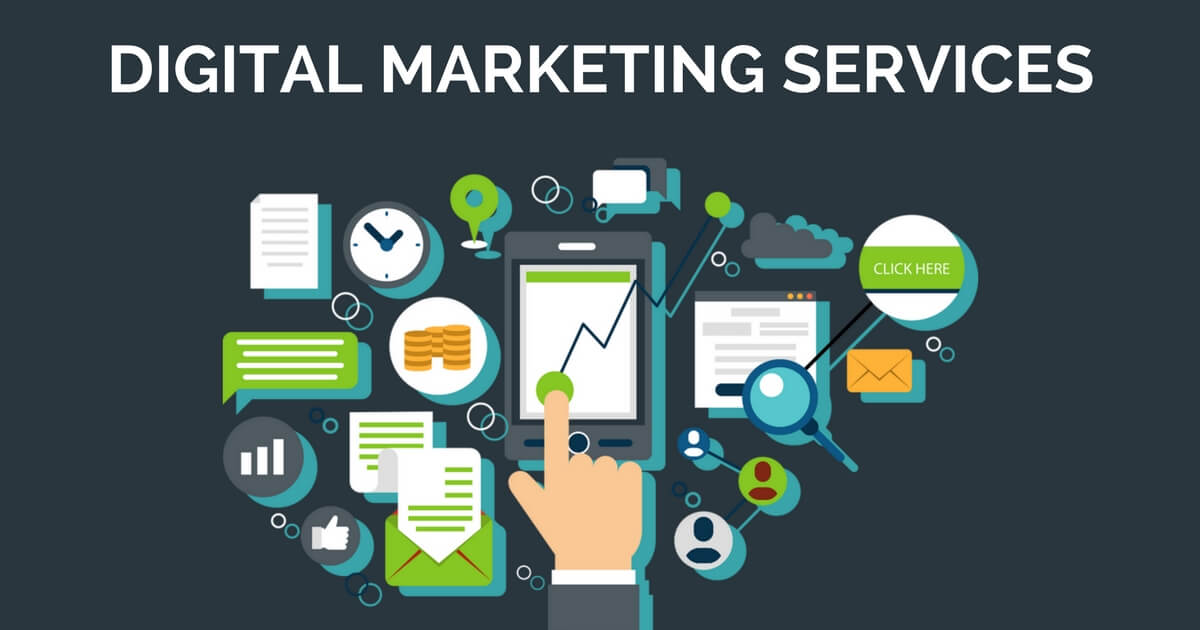In today’s fast-paced digital landscape, efficient and effective IT service solutions are more crucial than ever before. As businesses continue to rely on technology to drive their operations, the need for streamlined IT services becomes paramount. Whether it’s resolving technical issues, managing infrastructure, or providing support to end-users, a well-optimized IT service solution is essential for organizations to stay competitive and ensure seamless operations.
Streamlining your IT service solutions requires a comprehensive understanding of your organization’s needs and goals. It involves assessing existing processes, identifying areas of improvement, and implementing strategies to streamline workflows and enhance productivity. By optimizing your IT service solution, you can minimize downtime, reduce costs, and enhance the overall user experience. In this article, we will explore the key steps you can take to streamline your IT service solutions and unlock their full potential for your business.
Assessing Your Current IT Service Infrastructure
In order to streamline your IT service solutions, it is crucial to start by assessing your current IT service infrastructure. This will provide you with a clear understanding of where you currently stand and help identify areas that need improvement.
The first step in assessing your IT service infrastructure is to evaluate your hardware and software systems. Take inventory of all the devices and equipment that are being used in your organization, such as servers, computers, and networking devices. Additionally, analyze the software applications that are being utilized, including operating systems, productivity suites, and specialized software.
IT Service provider in Illinois
Next, evaluate the performance and reliability of your IT systems. Assess the network speed and bandwidth to ensure that it is meeting the demands of your organization. Determine if there are any bottlenecks or areas where the network is congested. Additionally, evaluate the stability and security of your systems to identify any vulnerabilities or potential risks.
Lastly, consider the level of support and responsiveness provided by your IT service team. Evaluate their ability to address and resolve technical issues in a timely manner. Assess the effectiveness and efficiency of your current IT service processes and workflows. This will help you identify any areas where improvements can be made to ensure a smooth and streamlined IT service delivery.
By conducting a thorough assessment of your current IT service infrastructure, you will be able to identify areas for improvement and take necessary actions to streamline your IT service solutions. This will ultimately enhance the productivity and efficiency of your organization, resulting in improved performance and customer satisfaction.

Identifying Key Bottlenecks and Inefficiencies
In order to streamline your IT service solutions, it is crucial to identify key bottlenecks and inefficiencies that may be hindering your operations. By recognizing these areas of improvement, you can implement effective strategies to enhance the efficiency and effectiveness of your IT services.
One common bottleneck in IT service is the lack of centralized ticket management. When multiple teams and individuals are involved in resolving IT issues, it can become challenging to track and prioritize tickets effectively. This often leads to delays in ticket resolution and customer dissatisfaction. Implementing a centralized ticket management system can greatly streamline the process by ensuring that all tickets are tracked, assigned, and resolved in a systematic and timely manner.
Another area to focus on is inefficient communication channels. In many organizations, communication between different teams or departments involved in IT service can be fragmented and lacking clarity. This can result in miscommunication, repeated efforts, and delays in issue resolution. By streamlining communication channels through the use of collaboration tools or project management software, you can facilitate seamless communication, improve coordination, and reduce the time taken to resolve IT issues.
Furthermore, it is important to identify and address any gaps in knowledge or skill levels within your IT service team. If certain individuals lack the necessary expertise or are not up-to-date with the latest technologies, it can significantly impact the efficiency of your IT services. Conducting regular training sessions, providing access to relevant resources, and encouraging continuous learning can help bridge these gaps and enhance the overall performance of your IT service team.
By recognizing and addressing these key bottlenecks and inefficiencies within your IT service solutions, you can streamline your operations, improve customer satisfaction, and maximize the value of your IT services.
Implementing Effective Solutions
In order to streamline your IT service solutions, it is crucial to focus on implementing effective strategies. Here are three key approaches that can help you optimize your IT service capabilities.
-
Prioritize Automation: Automation plays a pivotal role in streamlining IT service solutions. By leveraging automated tools and processes, you can reduce manual effort, minimize errors, and improve overall efficiency. From automating routine tasks to deploying self-service portals, embracing automation enables faster resolution times and empowers your users or customers to find solutions on their own.
-
Embrace Cloud Computing: The adoption of cloud computing has revolutionized IT service management. Moving your services to the cloud provides scalability, flexibility, and cost-effectiveness. Cloud-based IT service solutions allow for easier access to resources, rapid deployment of updates, and enhanced collaboration. Moreover, with cloud-based service desk tools, you can centralize incident management, change management, and problem management, enabling streamlined workflows and improved service delivery.
-
Foster a Proactive Approach: Instead of simply reacting to IT issues and incidents, proactive management allows you to stay one step ahead. Implementing robust monitoring and alerting systems helps you identify potential problems before they disrupt services. Proactive measures such as regular system health checks, security audits, and performance optimization not only prevent incidents but also ensure reliable and uninterrupted IT service delivery.
By implementing these effective solutions, you can streamline your IT service offerings and enhance the overall performance of your organization. Embracing automation, leveraging cloud computing, and adopting a proactive approach will enable you to optimize your IT service solutions and meet the evolving needs of your users or customers.